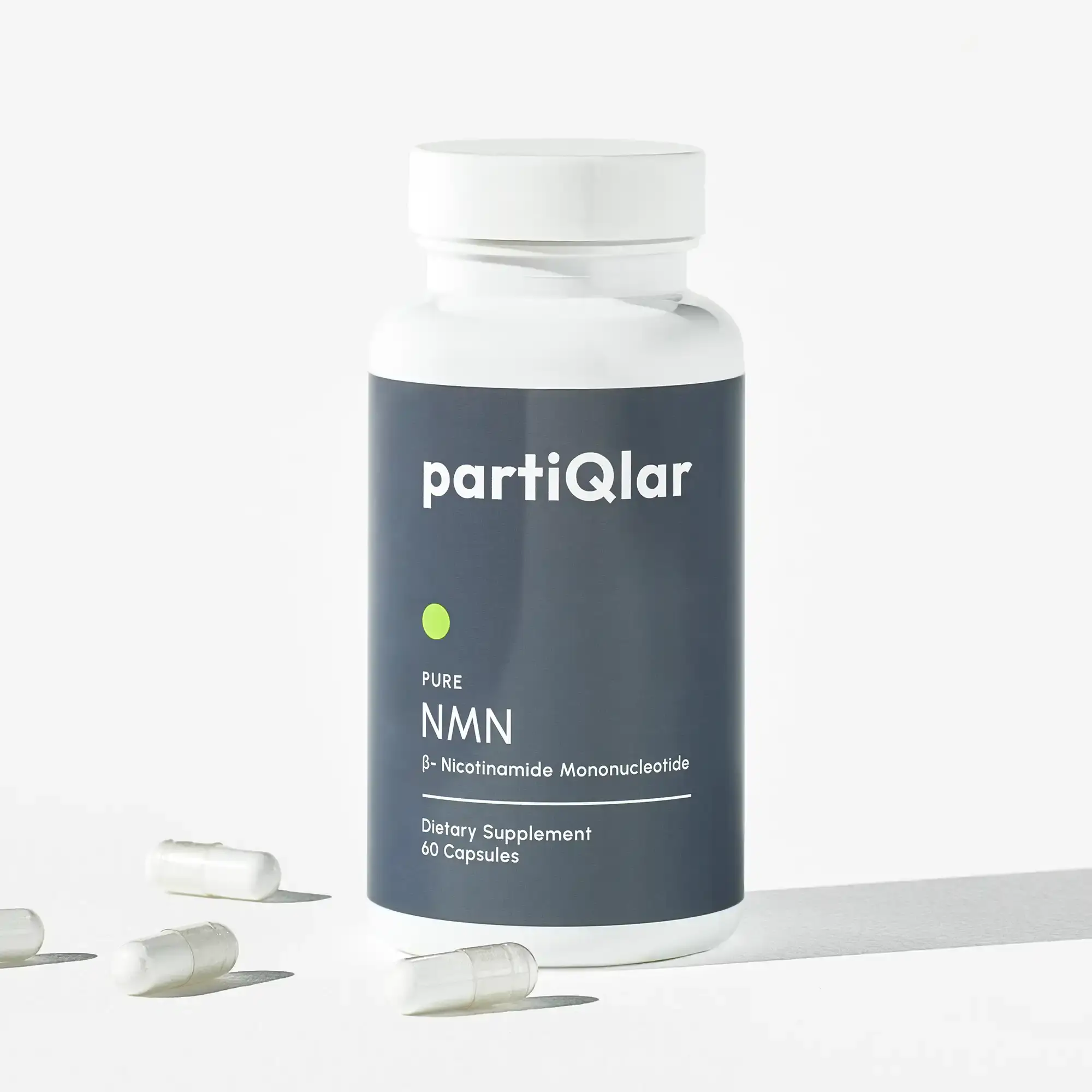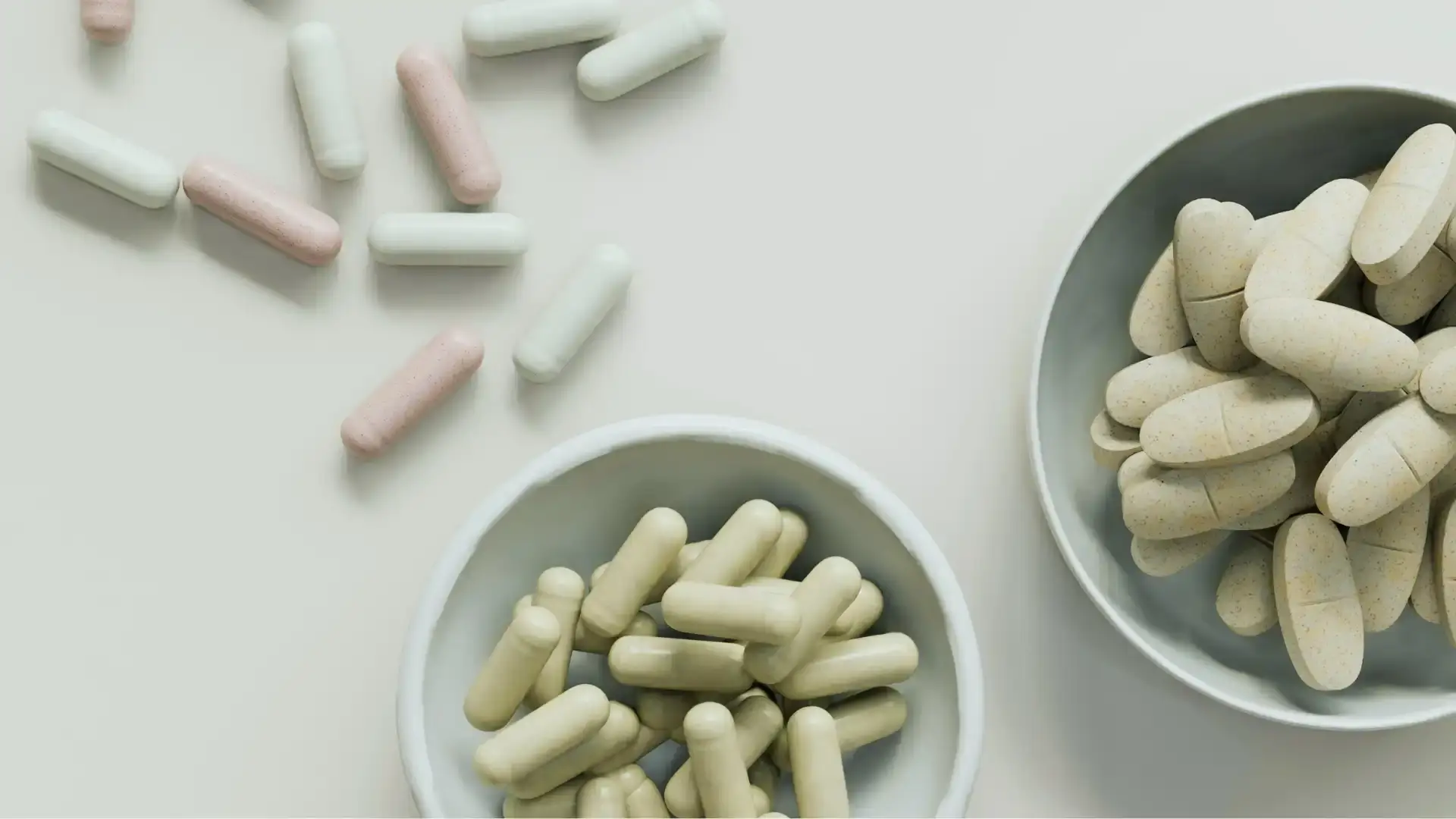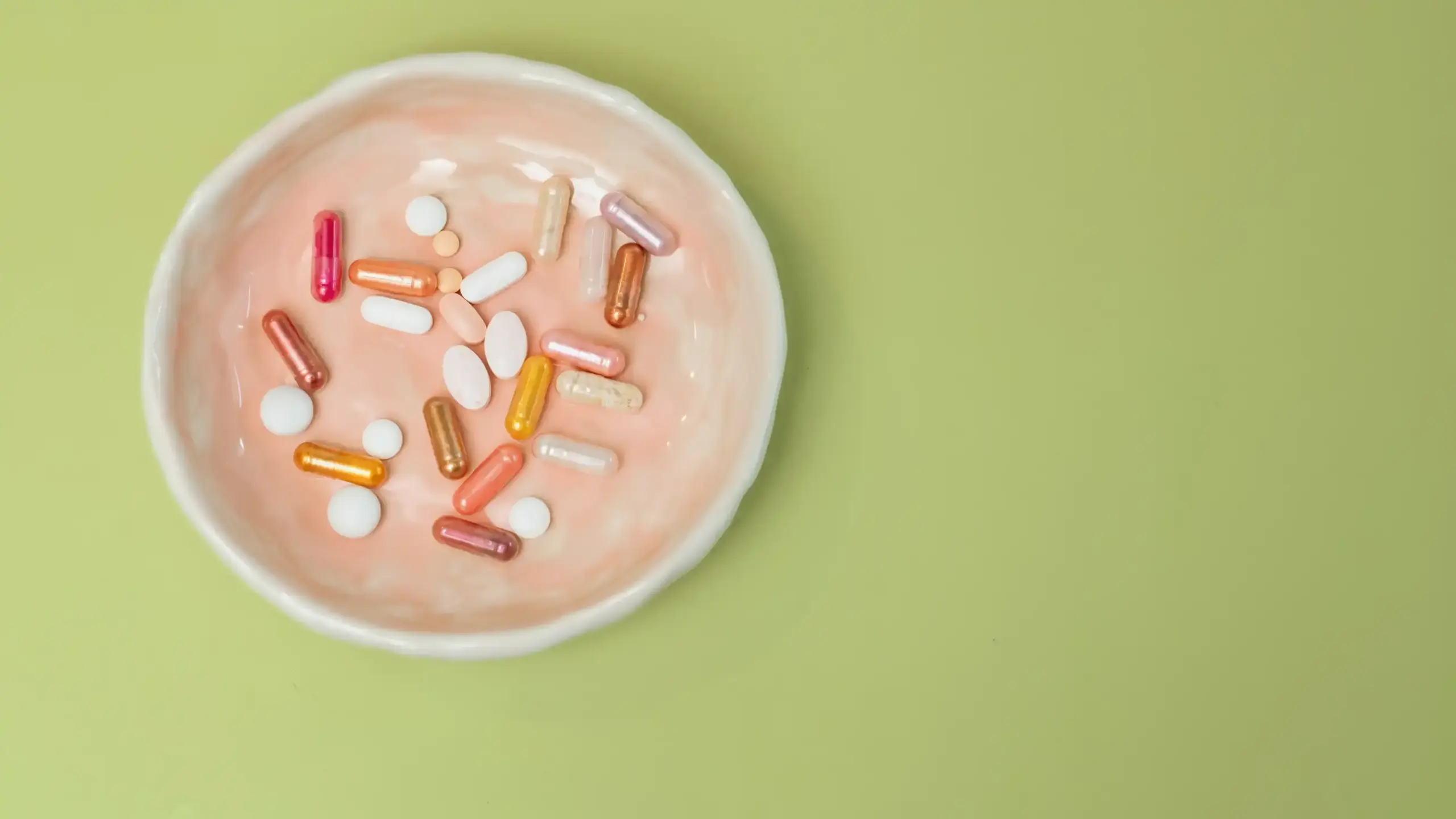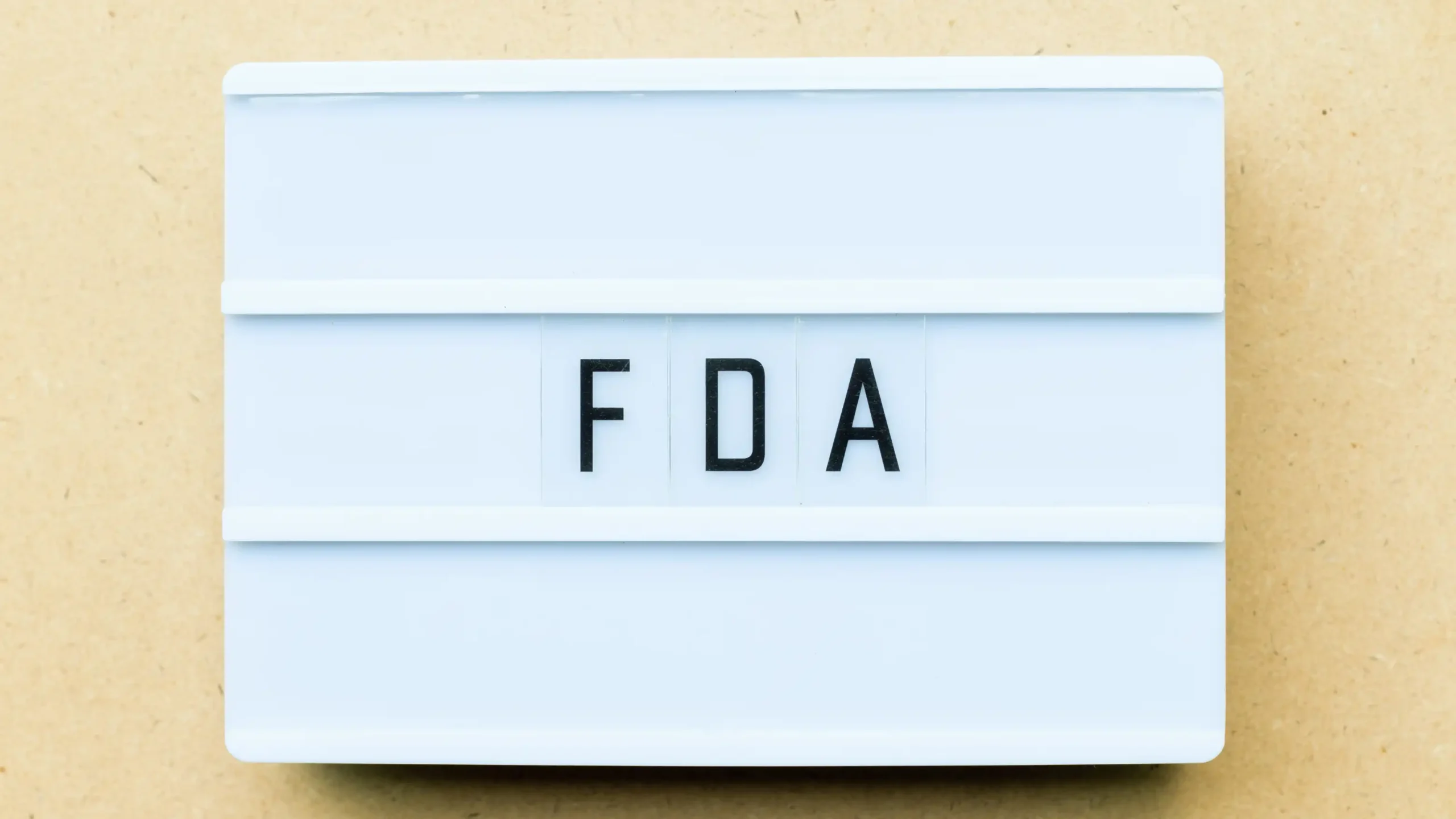NMN supplements typically show noticeable effects, such as increased energy and focus, within a few days to weeks, while long-term benefits like improved metabolism and anti-aging effects may take months.
- Nutrition
- January 23, 2025
- Jan Vincent Beltran, PhD
NMN vs Niacin: Key Differences and Health Benefits

Related Product
Have you been looking for ways to improve your cellular health and promote healthy aging? If so, you may have noticed terms like NMN and niacin in your search.
In short, one of these compounds is responsible for raising and supporting nicotinamide adenine dinucleotide (NAD) levels. The other is more about heart health and regulating cholesterol. Since they’re quite different, it’s vital to your health goals to know which one to choose.
In this article, you will learn what these two compounds are, what benefits they bring, and how they compare to each other.

Understanding NMN and Niacin
As mentioned before, the two supplements have slightly different purposes. Confusing one with the other could prove to be not the most optimal solution to your health.
If you mixed up NMN and NR, it’s likely that you wouldn’t even notice the difference since they basically do the same thing. But in this case, we’re talking about relatively different compounds.
What is NMN?
Nicotinamide mononucleotide (NMN) is a direct precursor to NAD. Its active form NAD+ is an essential part of your cellular health and well-being. Nicotinamide adenine dinucleotide (NAD) is crucial for a handful of biological processes.
It regulates energy production, enables proper DNA repair, and supports your metabolic health. You can picture NMN as the raw material that allows your body to naturally create NAD+, which keeps your cells running smoothly through the years.
Most people take NMN supplements because their NAD+ levels drop during the aging process. Scientists have found that NMN is able to suppress age-related weight gain (1) and improve a handful of other important bodily functions.
What is Niacin?
Niacin, on the other hand, is better known as vitamin B3, which is a different thing from NMN. While it also helps raise NAD+ levels, it’s more effective for regulating other functions.
Niacin is a nutrient that supports various bodily functions, from energy production to supporting heart health. It comes in several different forms: if you see a supplement called nicotinic acid or nicotinamide, you should know it’s niacin.
Unlike NMN, niacin is better recognized for its effectiveness in improving cholesterol (2) values and improving cardiovascular function. That aside, people also take niacin supplements to support overall health and maintain great metabolic health.
NMN vs Niacin: Key Differences
While both NMN and niacin influence NAD+ levels, they do so in different ways.
Your body turns NMN into NAD+ quickly and easily. On the other hand, Niacin, or vitamin B3, needs more steps before it can help make NAD+. People pick NMN when they want to stay younger, support DNA repair, and give their cells more energy.
Niacin works better for your heart health and lowering cholesterol levels. It’s also a great cure for pellagra (3), which is a condition that comes from not having enough vitamin B3 in your system.
Most people handle NMN well, while niacin may cause a temporary “niacin flush”, which is a harmless but sometimes uncomfortable reddening of the skin that often comes with the sensation of pins and prickles.
Trans-resveratrol is more bioactive and, thus, a more absorbable form of resveratrol used in supplements. The same properties that help plants fight oxidative stress are likely to be beneficial for antioxidant and anti-inflammatory properties of cells in animals and humans (3).
Trans-resveratrol helps to fight type 2 diabetes, improves cardiovascular and metabolic function, and helps against diseases like Alzheimers. Most of these cellular health benefits seem to be linked to sirtuin activation by regulating specific molecular pathways (4).
Sirtuins are a family of seven proteins that play a crucial role in cellular health, such as fighting inflammation and oxidative stress and increasing cell metabolism. All these processes induced by trans-resveratrol are crucial for healthy aging and longevity.
Health Benefits of NMN and Niacin
Benefits of NMN
- Anti-aging and cellular energy. NMN helps fight the aging process by increasing NAD+ levels in your body. This boost helps your cells make more energy by improving your mitochondrial function.
- Cognitive and neuroprotective benefits. Research shows NMN might help keep your brain sharper as you age (4). It seems to protect brain cells and fight harmful molecules that could damage them.
Benefits of Niacin
- Cardiovascular health. People often take niacin supplements to regulate cholesterol levels. They help lower the bad kind (LDL) and boost the good kind (HDL), which keeps your heart healthy.
- Anti-inflammatory effects. Niacin helps reduce swelling in your body, which helps both your heart and overall health.
- Energy production. Like NMN, vitamin B3 helps your body make energy through NAD+, though it takes a longer path to get there.
Dosage, Safety, and Side Effects
NMN supplements are typically taken in doses from 250 mg to 1200 mg per day. A good starting point is 500 mg per day, which you could then increase to 1000 mg if your health requires it. A tested, safe, and well-tolerated dose of NMN is up to 900 mg (5).
A safe daily niacin dosage revolves around 16 mg for adult men and 14 mg for adult women (6). Note that pregnancy may affect these dosage levels.
NMN is usually safe, with rare reports of mild digestive issues. Niacin, on the other hand, can cause the well-known “niacin flush”, which makes your skin red, causes warmth, and itches. While it’s harmless, this reaction can deter some people from using it.
Always talk to your doctor before starting either NMN supplementation or niacin supplements, especially if you have underlying medical conditions or take any medications that may conflict with other supplements.
Choosing Between NMN and Niacin
Picking between NMN vs niacin depends on what you want to achieve.
Think about NMN capsules if you want to stay and look young longer, slow down the aging process, and help your body with DNA repair. Many people choose this path when they focus on fighting aging signs.
Look into niacin supplements if you need to improve your heart health or regulate cholesterol. They also work well if your body lacks vitamin B3.
Keep in mind two more things: nicotinamide mononucleotide costs more than niacin, and niacin might cause that warm, red “niacin flush” on your skin. These factors may help you decide between the two.
Conclusion
Both NMN and niacin (vitamin B3) have unique benefits and roles in supporting cellular health. While NMN shines as a direct booster of NAD+ and promotes healthy aging, niacin supplements are indispensable for heart health and general vitamin B3 needs.
By understanding the differences between NMN and vitamin B3, you can make the best choice for your overall well-being.
Explore Products
Related Articles
Resveratrol, a powerful phytochemical found in foods like red grapes and dark chocolate, supports heart health and longevity, with its benefits amplified when combined with NMN to boost NAD+ levels in the heart and muscles.
This blog post discusses the FDA's recent decision to no longer classify NMN as a dietary supplement, examining the implications for its availability and safety in the market.



